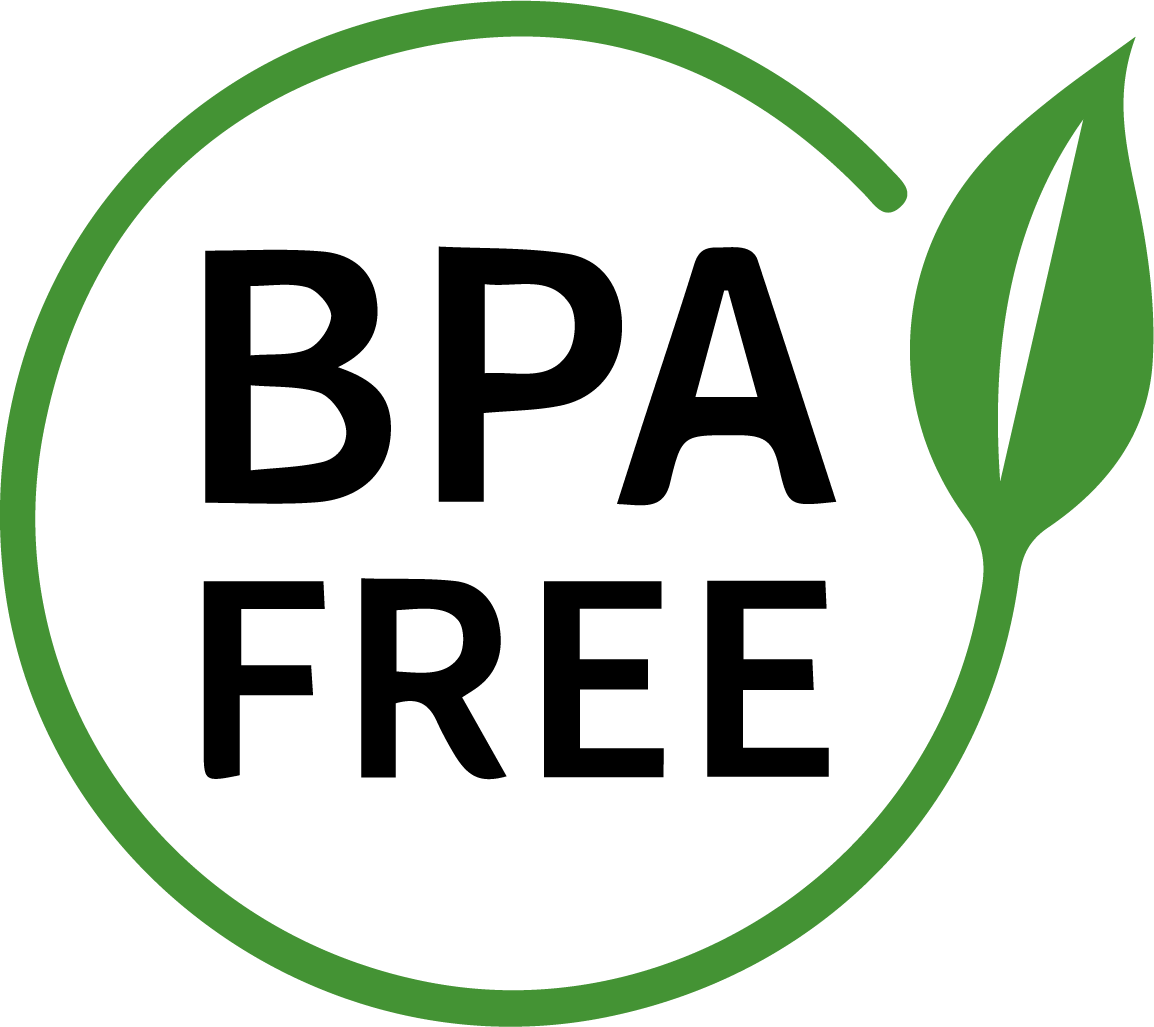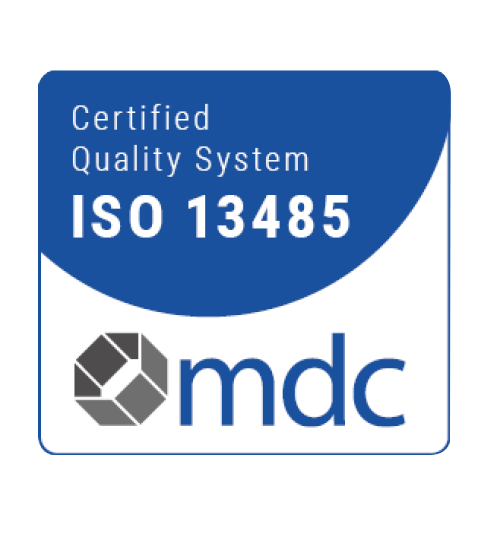
A healthy smile reflects overall well-being and confidence, yet dental problems like cavities, gum disease, and bad breath affect millions daily. Beyond just looking good, good oral hygiene boosts self-esteem and prevents serious health issues. Fortunately, maintaining healthy teeth is achievable with a few simple habits anyone can adopt.
Daily Oral Hygiene Practices
Healthy teeth start with good daily habits. Establishing a consistent oral hygiene routine can significantly reduce the risk of dental issues and maintain a bright smile. Here are the fundamental practices and their benefits explained in detail.
Brushing Twice a Day
Brushing your teeth twice a day is the cornerstone of dental hygiene. This practice removes food particles and plaque that can lead to cavities and gum disease. Use a toothbrush with soft bristles and a size that fits comfortably in your mouth to reach all areas effectively. Brush for two minutes, ensuring you cover all surfaces, and replace your toothbrush every three months to maintain its effectiveness.
Using Fluoride Toothpaste
Fluoride toothpaste helps remineralize teeth, repairing minor decay before it becomes a significant issue. Choose a toothpaste with the ADA seal of approval to ensure it meets safety and efficacy standards—regular fluoride toothpaste results in stronger, healthier teeth that are more resistant to decay.
Effective Flossing Methods
Daily flossing removes plaque and food particles between teeth that a toothbrush can’t reach. Use about 18 inches of floss, gently curving it around each tooth to clean thoroughly. Flossing prevents gum disease and cavities in these hard-to-reach areas. By incorporating flossing into your routine, you maintain healthier gums and reduce the risk of dental problems.
Benefits of Using Mouthwash
Mouthwash can reach areas where brushing and flossing miss, providing an extra layer of cleanliness. Choose an antibacterial mouthwash to reduce plaque and gingivitis or a fluoride mouthwash for added cavity protection. Mouthwash helps to freshen breath and kill bacteria, promoting overall oral health. Using mouthwash regularly ensures a cleaner mouth and healthier gums.
Wearing Your Aligners As Instructed
Wearing your aligners as instructed is crucial for achieving optimal results in your orthodontic treatment. Consistency ensures that your teeth gradually shift into their desired positions according to the treatment plan. Following your orthodontist’s guidelines helps minimize treatment duration and ensures your smile transformation progresses smoothly.
These daily practices lay a solid foundation for dental health. Brushing, flossing, and rinsing are non-negotiable parts of your daily routine for long-term benefits.
Diet and Nutrition for Healthy Teeth
Diet plays a significant role in dental health. Your eating affects your teeth and gums, influencing their strength and resilience. Here are some dietary habits and their benefits that can help maintain healthy teeth.
Foods That Promote Strong Teeth and Gums
Foods rich in calcium, such as dairy products, leafy greens, and almonds, strengthen teeth and bones. Crunchy fruits and vegetables, like apples and carrots, stimulate saliva production, which helps clean teeth naturally. Phosphorus-rich foods, such as meat, fish, and eggs, work with calcium to build strong tooth enamel. Incorporating these foods into your diet promotes overall dental health and reduces the risk of tooth decay
The Dangers of Sugary and Acidic Foods and Drinks
Sugary and acidic foods and drinks can erode enamel and lead to cavities. Candies, sodas, and citrus fruits are particularly harmful if consumed frequently. Bacteria in your mouth feed on sugar, producing acids that attack tooth enamel. Limiting these foods and rinsing your mouth with water after consuming them can help protect your teeth.
Importance of Hydration and Saliva Production
Hydration is essential for maintaining healthy saliva levels, neutralizing acids, and washing away food particles. Drinking plenty of water throughout the day keeps your mouth moist and helps prevent dry mouth, which can lead to tooth decay. Saliva contains essential minerals that repair tooth enamel and prevent cavities. Staying hydrated is a simple yet effective way to support your dental health.
Essential Vitamins and Minerals for Dental Health
Vitamins and minerals like calcium, vitamin D, and phosphorus are crucial for strong teeth. Dairy products, fish, eggs, and leafy greens are excellent sources of these nutrients. Vitamin D helps your body absorb calcium effectively, strengthening bones and teeth. Ensuring your diet includes these vitamins and minerals promotes long-term dental health.
Informed dietary choices promote not only dental health but overall wellness. By choosing tooth-friendly foods, you can maintain a healthy smile for years. Your diet significantly impacts your dental health, so make wise choices to support your teeth and gums.
Regular Dental Check-ups for Healthy Teeth
Professional dental care complements daily routines. Regular check-ups are essential to catch issues early and maintain oral health. Here are the critical aspects of regular dental visits and their benefits.
Frequency of Dental Visits and What to Expect
Schedule dental check-ups every six months to ensure comprehensive oral care. During these visits, dentists perform thorough exams to detect any issues early. Professional cleanings remove tartar that brushing and flossing can’t reach. Regular visits allow for timely interventions, preventing minor problems from becoming severe.
Role of Professional Cleanings
Professional cleanings are vital for maintaining oral health. Hygienists use special tools to clean below the gumline, removing tartar and plaque buildup. This process prevents gum disease and cavities that at-home care might miss. Regular cleanings result in healthier gums and teeth, reducing the risk of more serious dental issues.
Early Detection and Treatment of Dental Problems
Dentists can detect issues like cavities, gum disease, and oral cancer early. Early detection allows for less invasive and more effective treatments. Regular check-ups include exams, cleanings, and sometimes X-rays to provide a comprehensive view of your oral health. Addressing problems as early as possible ensures better outcomes and less discomfort.
Importance of Dental X-rays
Dental X-rays provide a detailed view of your teeth and jaw, helping detect hidden problems. They reveal issues such as impacted teeth, bone loss, and decay between teeth that aren’t visible during a standard exam. Discuss any concerns with your dentist during these visits to ensure a comprehensive understanding of your oral health. X-rays are a critical tool in maintaining overall dental health.
Regular dental visits prevent and treat dental issues. Make appointments a priority to ensure your teeth stay in top shape. Consistent professional care and good daily habits lead to a lifetime of healthy smiles.
Avoiding Harmful Habits to Maintain Healthy Teeth
Certain habits can damage your teeth. Recognizing and changing these habits can significantly improve dental health. Here are some harmful habits and their effects on your teeth.
Effects of Smoking and Tobacco Use
Smoking and tobacco use stain teeth, cause bad breath and increase the risk of gum disease and oral cancer. Tobacco products reduce your ability to fight off infections, making it harder for your gums to heal. Quitting smoking improves both dental and overall health significantly. Healthier gums and teeth are noticeable benefits of quitting tobacco.
Consequences of Teeth Grinding and Clenching
Teeth grinding and clenching, often caused by stress, can wear down enamel and cause jaw pain. This habit, known as bruxism, can lead to headaches and damaged teeth. Wearing a night guard can protect your teeth while you sleep and alleviate symptoms. Reducing stress through relaxation techniques can also help minimize grinding.
Risks Associated with Nail-Biting and Using Teeth as Tools
Nail-biting and using teeth to open packages can chip or crack teeth. These habits can also introduce bacteria into your mouth, leading to infections. Find alternative ways to manage stress and avoid using your teeth as tools to prevent damage. Healthier habits protect your teeth from unnecessary harm.
Impact of Chewing on Hard Objects
Chewing on hard objects, like ice and pencils, can fracture teeth and damage dental work. These actions put undue stress on your teeth, leading to chips and cracks. If you need to chew on something, opt for sugar-free gum. Protecting your teeth by avoiding hard objects helps maintain their strength and integrity.
Adopting healthier habits leads to better dental health. Make conscious choices to protect your teeth from damage. You can enjoy a healthier smile by avoiding these harmful habits.
Special Dental Care for Different Age Groups
Dental needs change with age. Tailored care ensures optimal oral health throughout life. Here are specific tips for different age groups.
Dental Care Tips for Infants and Young Children
Infants require gentle cleaning with a soft cloth before teeth emerge. Use a small, soft-bristled toothbrush and a tiny smear of fluoride toothpaste as teeth come in. Encourage good habits early to set the foundation for lifelong oral health. Regular dental check-ups from the first tooth are essential for monitoring development.
Maintaining Oral Health in Teenagers and Young Adults
Teenagers need to maintain good habits despite busy schedules. Encourage regular brushing, flossing, and wearing mouthguards during sports to protect their teeth. Peer pressure and dietary habits can pose challenges, so emphasize the importance of oral hygiene. Regular dental visits ensure that any issues are addressed promptly.
Addressing Dental Issues in Adults
Adults should focus on preventing gum disease and maintaining healthy enamel. Regular dental visits and proper brushing and flossing keep teeth strong. Be mindful of your diet and avoid harmful habits like smoking and excessive caffeine consumption. Addressing issues like tooth sensitivity and grinding prevents long-term damage.
Oral Hygiene Practices for Seniors
Seniors face unique challenges, such as dry mouth and an increased risk of cavities. Stay hydrated, use fluoride toothpaste, and visit the dentist regularly. Proper denture care and promptly addressing any issues like ill-fitting dentures are crucial. Maintaining oral health in senior years ensures comfort and quality of life.
Tailored dental care for each age group ensures lifelong oral health. Recognize the specific needs at each stage to maintain a healthy smile. Proper care at every age leads to a lifetime of strong, healthy teeth.
Choosing the Right Dental Products
Selecting the right dental products is crucial for effective oral care. With various options available, choosing products that best suit your needs is essential. Here are some tips on how to select the best dental products.
Selecting the Best Toothbrush and Toothpaste
Choosing the right toothbrush is essential for effective cleaning. Opt for a toothbrush with soft bristles to avoid damaging your gums and enamel. The size and shape should fit comfortably in your mouth and reach all areas. When selecting toothpaste, look for one with fluoride to help strengthen enamel and prevent cavities. The ADA seal of approval ensures that the product meets safety and efficacy standards.
Reviews of Popular Dental Care Products
Popular dental care products often have specific benefits. Electric toothbrushes, for instance, can offer superior plaque removal compared to manual brushes. Water flossers are effective for cleaning between teeth and are easier to use for some people than traditional flossers. Reviewing reviews and comparing features can help you choose the right products.
Benefits of Using Dental Probiotics
Dental probiotics are becoming increasingly popular for promoting oral health. These supplements introduce beneficial bacteria to the mouth, helping to balance the oral microbiome. They can reduce bad breath, prevent cavities, and improve gum health. Including dental probiotics in your routine can support maintaining a healthy mouth.
Choosing the right dental products enhances the effectiveness of your oral care routine. Invest in quality products that meet your needs to maintain optimal dental health. Making informed choices ensures that your oral hygiene practices are practical and enjoyable.
Impact of Oral Health on Overall Health
Oral health is inextricably related to general health, with poor oral hygiene leading to major systemic disorders. Bacteria from gum disease can enter the bloodstream, leading to heart disease, stroke, and respiratory infections. Additionally, inflammation in the mouth can trigger inflammation in the arteries, increasing cardiovascular risks. Maintaining a clean and healthy mouth is essential for preventing these severe health problems and promoting overall well-being.
Oral hygiene also plays a significant role in managing heart health and diabetes, as studies show that periodontal disease increases heart disease risk and complicates blood sugar control in diabetes patients. Furthermore, good oral health is crucial during pregnancy, as hormonal changes can elevate the risk of gum disease, which is linked to premature birth and low birth weight. Regular dental care supports not only oral health but also the health of the entire body, underscoring the importance of maintaining good dental hygiene.
Explore more dental health tips and expert advice on our FirstClass Aligners blog to keep your smile bright and healthy. Visit us now.






